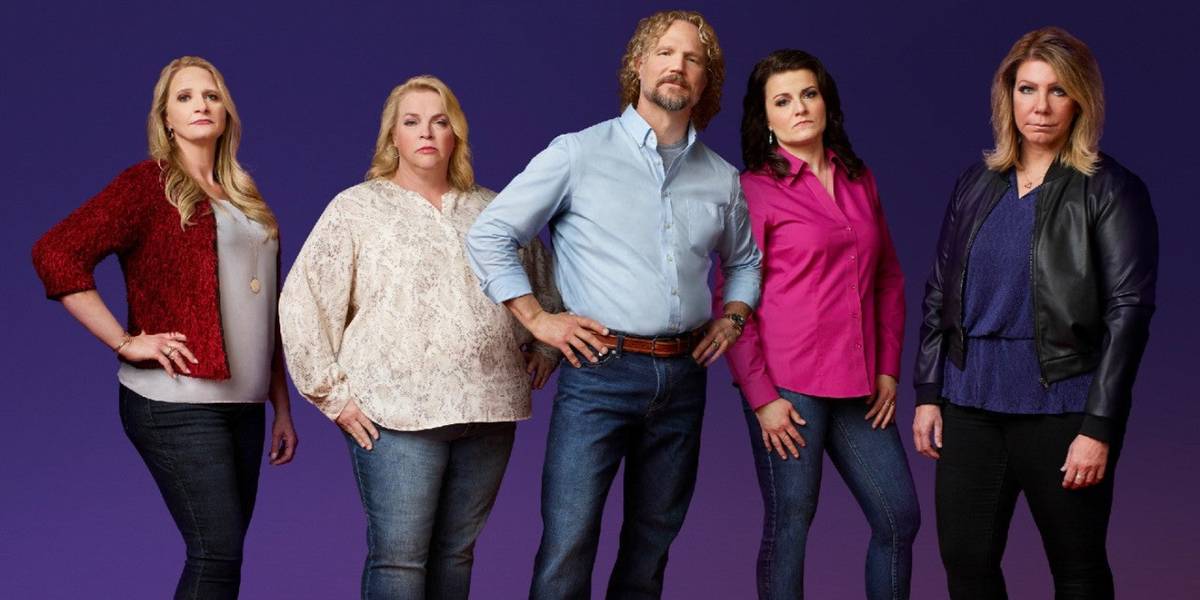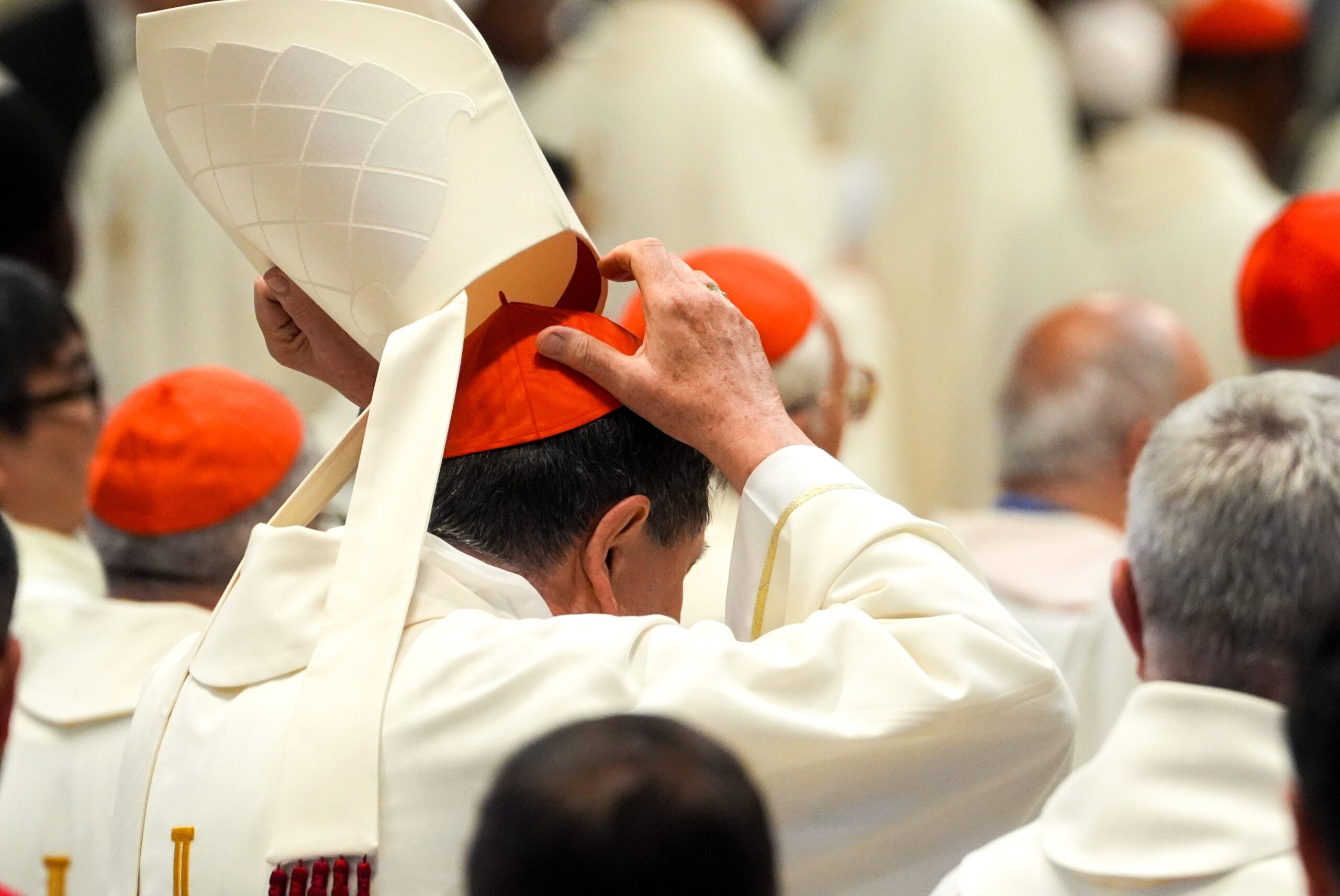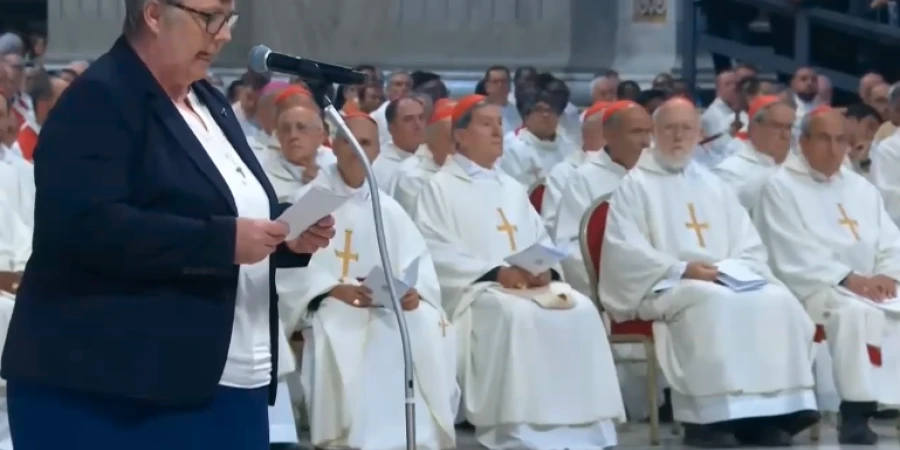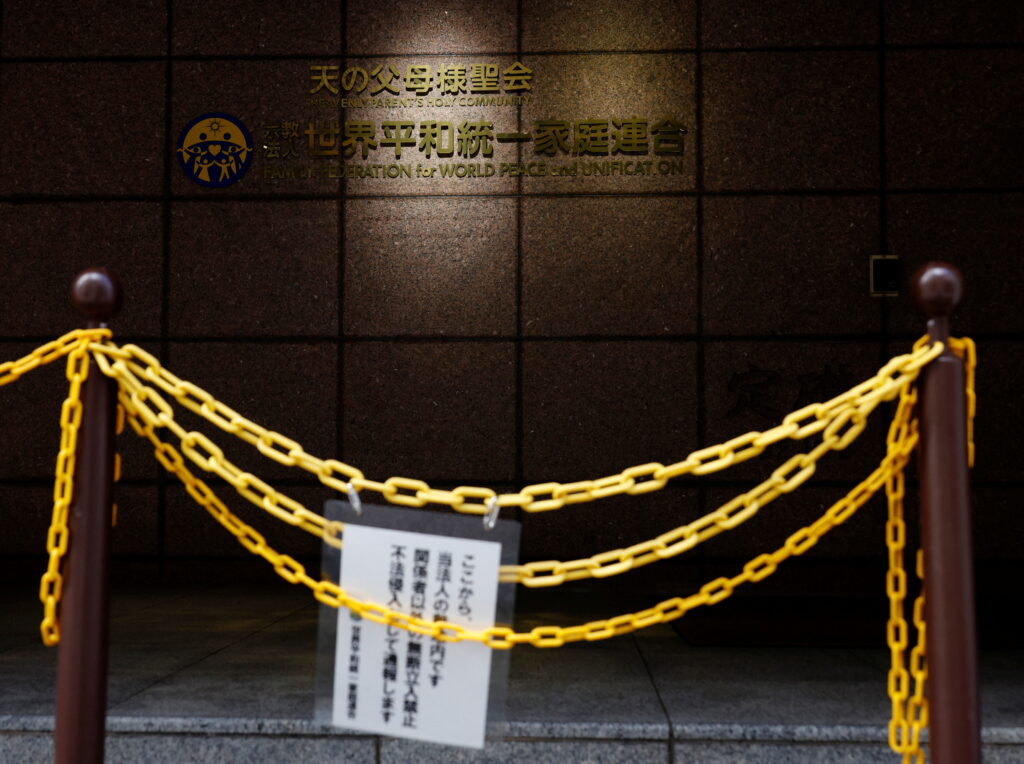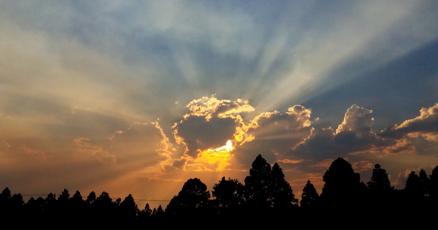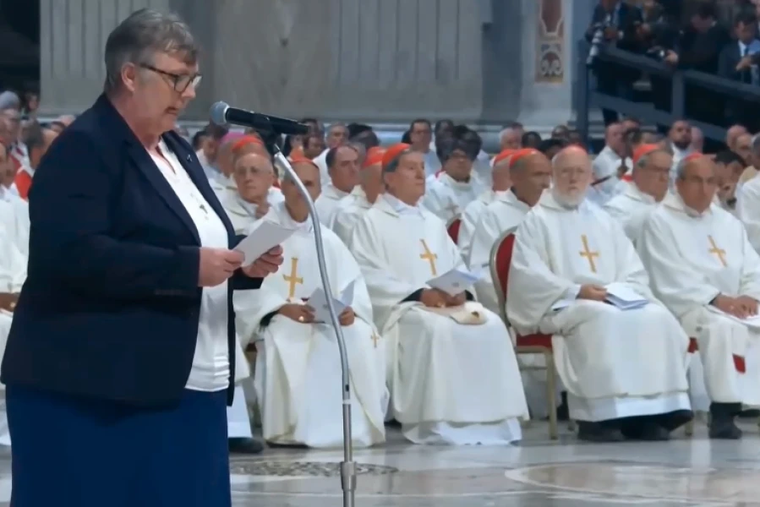
Pope's Powerful Tribute: Celebrating the Unsung Heroes of Faith in Novendiales Mass
In a solemn and deeply moving ceremony, Cardinal Ángel Fernández Artime presided over the eighth Novendiales Mass on Saturday. The cardinal, renowned for his previous leadership as the prefect of the Dicastery for Institutes of Consecrated Life and Societies of Apostolic Life, brought a profound sense of reverence and spiritual depth to the memorial service. His presence underscored the significance of the occasion, offering comfort and spiritual guidance to those gathered in remembrance.

